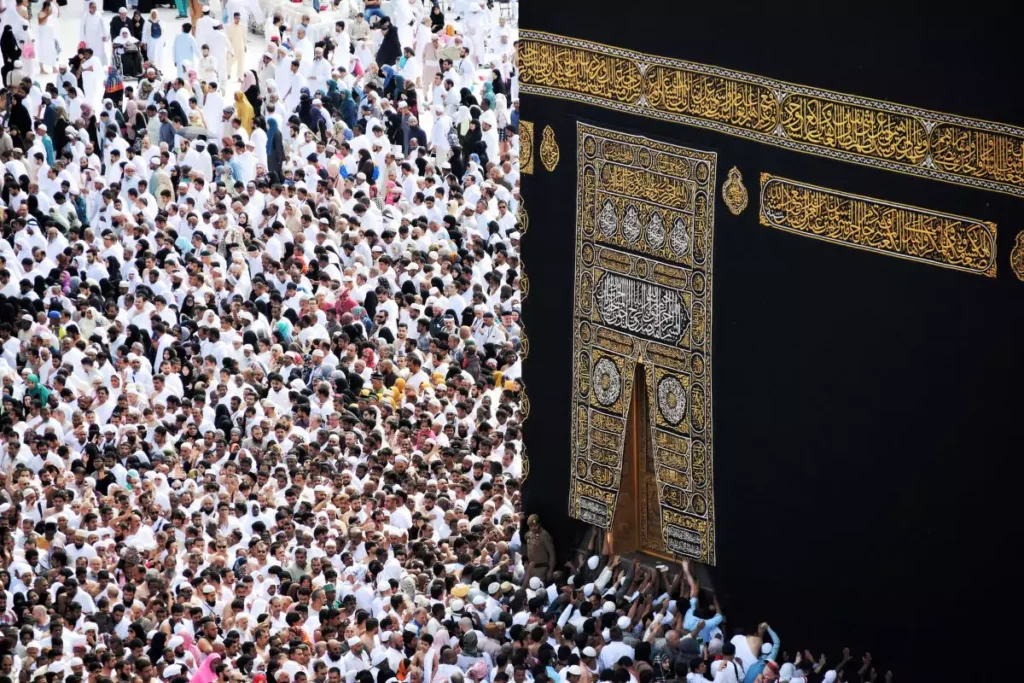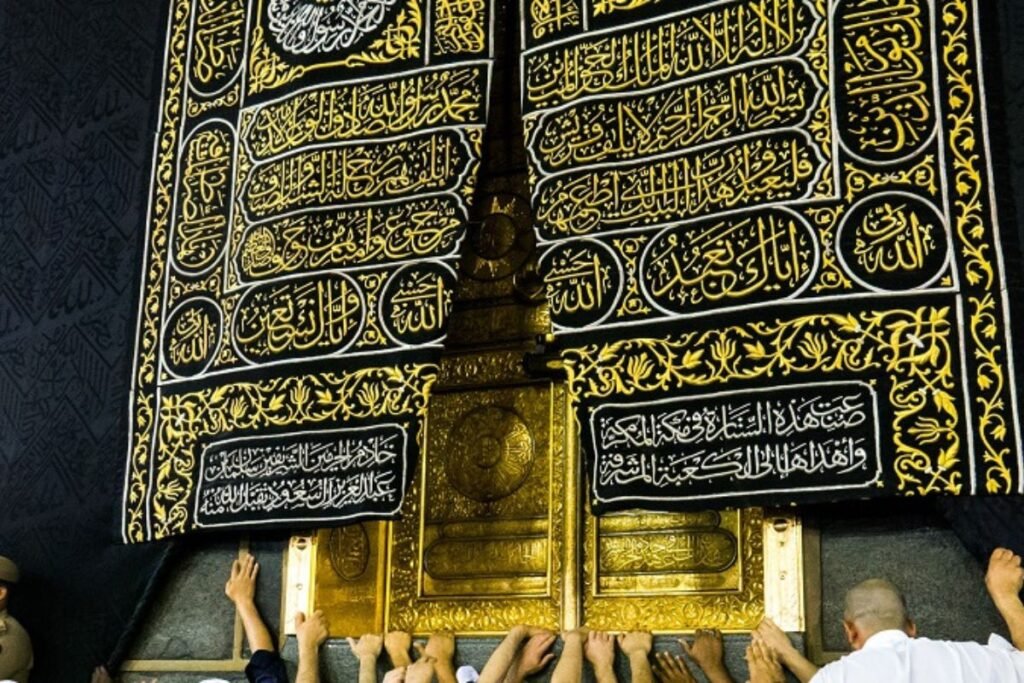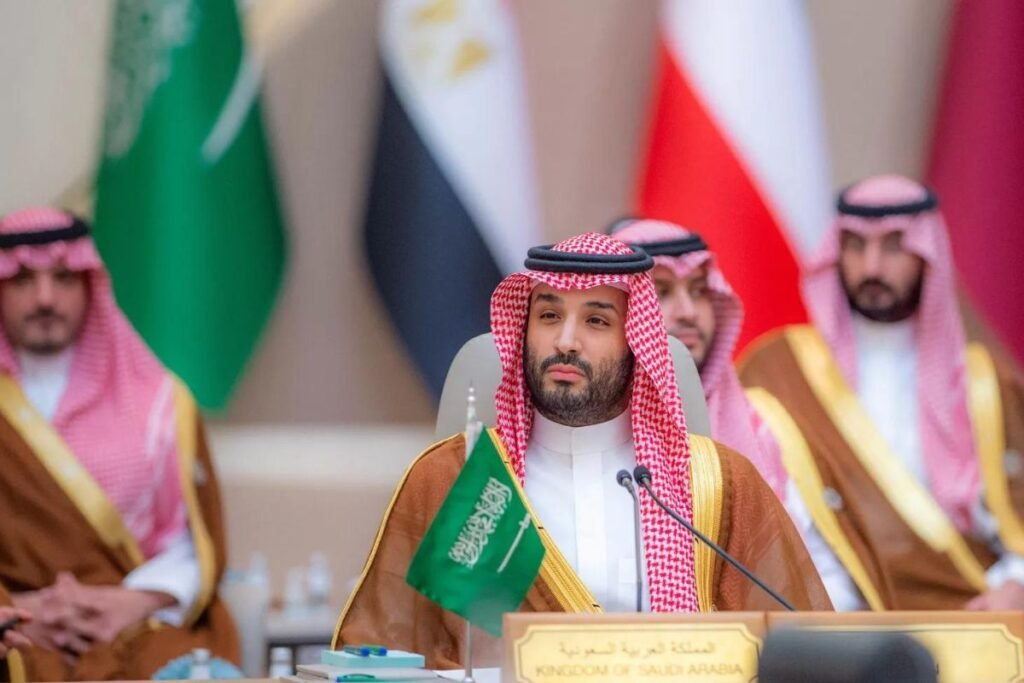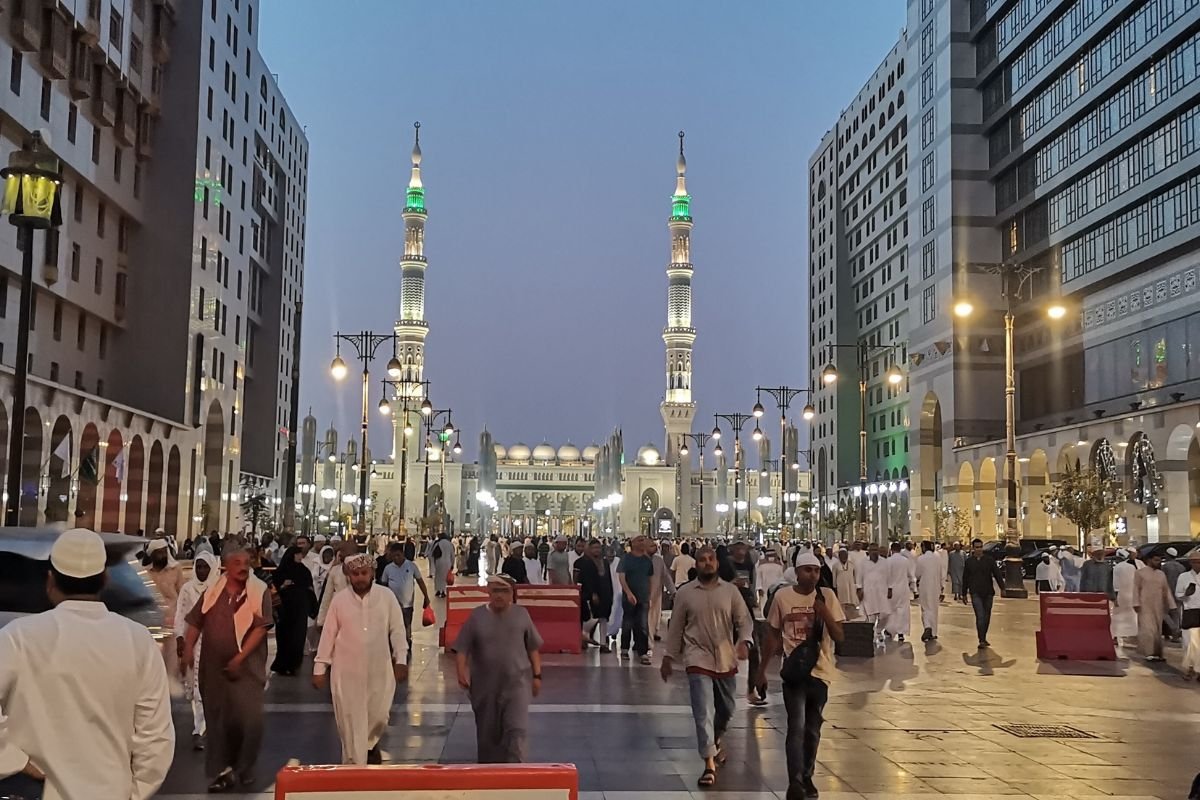Religion in Saudi Arabia is a topic that evokes strong emotions and feelings of admiration, respect, and even controversy. the birthplace of Islam and the site of its two holiest cities, Mecca and Medina. This desert country is known for its strict interpretation of Islamic law, which shapes every aspect of daily life. In this article, we’ll take a deep dive into the belief system of Saudi Arabia, exploring its religious customs, practices, and beliefs. From the role of the Quran to the Hajj pilgrimage, we’ll explore what makes Saudi Arabia’s religion unique.
Table of Contents
The Significance of Islam in Saudi Arabia

Islam is the dominant religion in Saudi Arabia, with an estimated 99% of the population identifying as Muslim. The country is home to two of Islam’s holiest sites, the Grand Mosque in Mecca and the Prophet’s Mosque in Medina. The Quran, the holy book of Islam, is considered the literal word of God and is revered by Muslims worldwide. In Saudi Arabia, the Quran is used as the basis for law and governance.
The Five Pillars of Islam

Muslims around the world follow the Five Pillars of Islam, which include:
- Shahada: declaring faith in one God and the prophet Muhammad
- Salat: performing five daily prayers
- Zakat: giving to charity
- Sawm: fasting during the holy month of Ramadan
- Hajj: pilgrimage to Mecca at least once in a lifetime, if financially and physically able
These pillars are central to the practice of Islam and are closely observed in Saudi Arabia.
The Role of Women in Saudi Arabian Islam

Women play a significant role in Saudi Arabian Islam, but their role is often restricted by conservative interpretations of Islamic law. Women are required to wear a hijab or headscarf in public, and gender segregation is common in many public spaces. Women are also prohibited from driving, although this law was recently lifted in 2018.
The Hajj Pilgrimage: A Life-Changing Experience

The Hajj pilgrimage to Mecca is a fundamental tenet of Islam and is considered one of the five pillars. The pilgrimage is a life-changing experience for many Muslims, with millions of people from around the world making the journey to Mecca each year.
The Rituals of the Hajj Pilgrimage

The Hajj pilgrimage involves several rituals, including the circumambulation of the Kaaba, a cube-shaped structure located in the center of the Grand Mosque. Pilgrims also visit the nearby hills of Safa and Marwah, where they perform the Sa’y, or the ritual of running between the two hills.
The Significance of the Hajj Pilgrimage

The Hajj pilgrimage is a time of great spiritual significance for Muslims, as it represents the unity of the Muslim community and the submission of the individual to God. It is also a time of social and cultural exchange, as Muslims from around the world come together to share their experiences and traditions.
The History of Islam in Saudi Arabia

Islam was born in Saudi Arabia, specifically in the city of Mecca, over 1400 years ago. Prophet Muhammad (PBUH) received the divine revelation of Islam in Mecca and started preaching the message of Islam to the people of Mecca. After facing severe persecution from the ruling tribe of Mecca, the Prophet migrated to Medina, where he established the first Islamic state. From Medina, Islam spread throughout the Arabian Peninsula, and within a few years, it had become the dominant religion of the region.
The Importance of Islam in Saudi Arabia

Islam is the state religion of Saudi Arabia, and it is enshrined in the country’s constitution. The government and the religious establishment work together to promote and enforce Islamic values and traditions in all aspects of life. The Islamic way of life is a fundamental part of Saudi Arabia’s identity, and it plays a significant role in the country’s social and political life.
The Role of Islam in Saudi Society

Islam has a deep influence on Saudi society, and it shapes every aspect of life, from social interactions to business dealings. The Islamic way of life is reflected in the country’s dress code, food, and customs. The practice of Islam is mandatory for all Saudis, and failure to observe Islamic practices can lead to legal consequences. The country has strict laws that prohibit non-Muslims from practicing their religion in public, and the government monitors the religious practices of its citizens closely.
The Importance of Islamic Practices in Daily Life

Islamic practices play an important role in the daily life of Saudis, with daily prayers, fasting during Ramadan, and charitable giving being mandatory for Muslims. These practices help strengthen their faith and provide a sense of community and solidarity. The Hajj pilgrimage to Mecca, the holiest site in Islam, is also a significant part of Saudi culture and identity, with millions of Muslims from around the world making the journey to Mecca every year.
The Role of Islam in Saudi Politics

Islam plays a crucial role in Saudi politics, with the government and the religious establishment working closely together to promote Islamic values and principles in the country’s laws and policies. The country’s legal system is based on Islamic law, and the religious establishment has significant influence over the government’s decision-making process. The government also supports Islamic causes and charities, both within the country and abroad.
Religious Tolerance in Saudi Arabia

While Islam is the dominant religion in Saudi Arabia, the country has a history of religious tolerance. Jews and Christians are allowed to practice their religion in private, although public displays of non-Muslim religious symbols are prohibited. The government also recognizes the rights of Shia Muslims, who make up around 10-15% of the population.
Conclusion
Religion plays a vital role in Saudi Arabian society, shaping everything from law and governance to daily customs and practices. Understanding the belief system of Saudi Arabia is crucial for anyone looking to do
Q&A
What is the significance of Mecca in Islam?
Mecca is the birthplace of Islam and the holiest site in the religion. It is where the Prophet Muhammad (PBUH) received the divine revelation of Islam.
How does Islam influence Saudi politics?
Islam plays a significant role in Saudi politics, with the government and the religious establishment working closely together to promote Islamic values and principles in the country’s laws and policies.
What are the challenges associated with balancing tradition with modernity in Saudi Arabia?
The government is working to modernize the country’s economy and society while preserving its Islamic identity. However, this has led to tensions between traditionalists and reformers within the country.
What rights do women have in Saudi Arabia?
Women in Saudi Arabia have faced limitations in terms of education and employment opportunities, and they are required to observe strict Islamic dress codes. However, in recent years, there have been some positive developments, such as the right to drive.
Why is the Hajj pilgrimage significant in Islam?
The Hajj pilgrimage to Mecca is significant in Islam because it is one of the five pillars of the religion. It is a mandatory obligation for all Muslims who are physically and financially able to perform it.





Pingback: Saudi Arabia National Bird: Preserving the Pride - Saudia Arabia Online